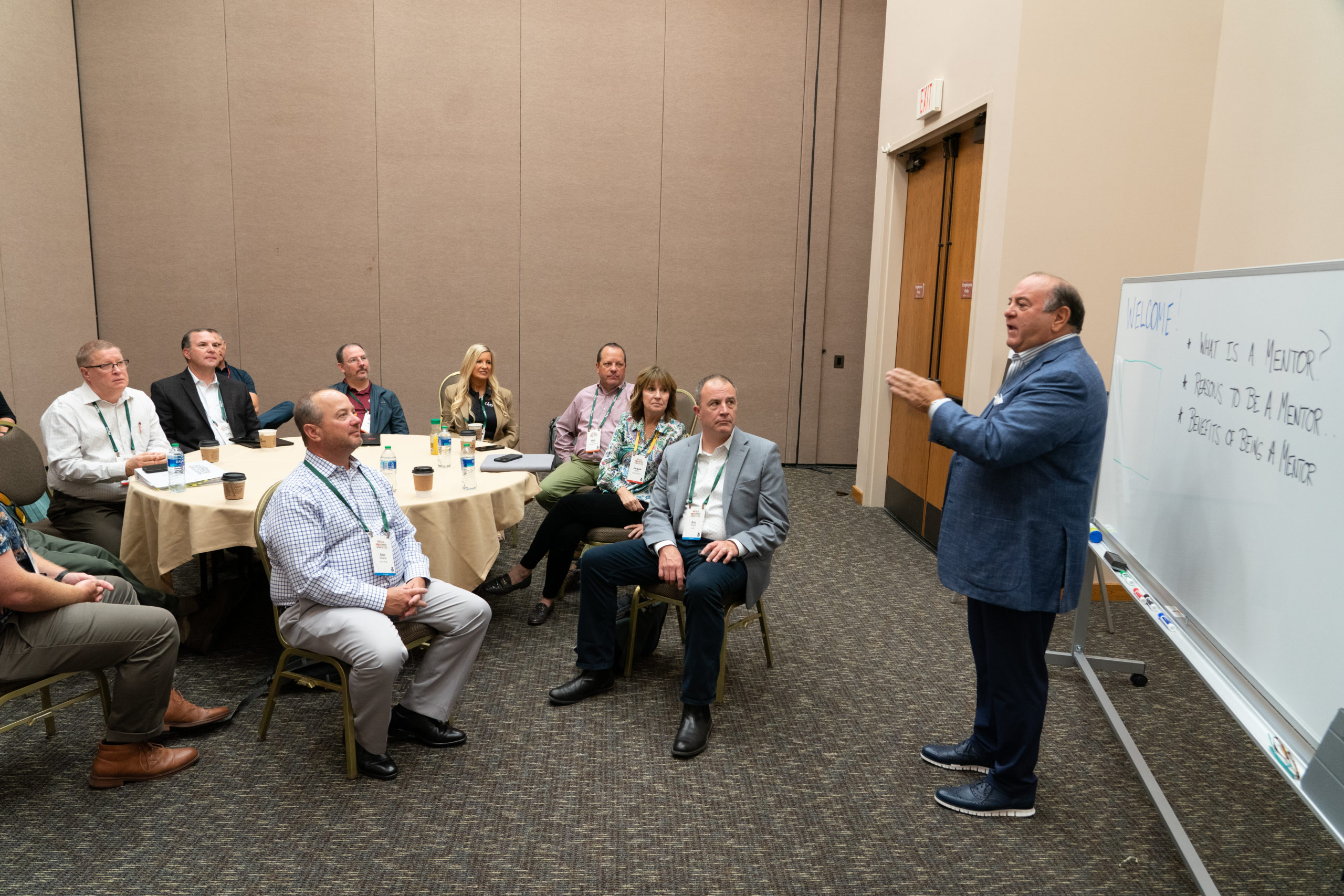After completing a JD at UC Berkeley Law School with an Environmental Law Certificate, Professor Telesetsky practiced environmental law in Seattle and San Francisco for 9 years. With a passion for crafting environmental policy, she completed an LLM masters thesis at the University of British Columbia on the potential of climate change insurance to support mitigation and adaptation efforts.
Over the years, she has been a Fulbright Fellow in the Philippines (Environmental Law Assistance Center), a Bosch Foundation Fellow in Germany (working for the Germany Foreign Ministry and InWent), and an Axford Fellow (hosted by the New Zealand Ministry of Primary Industries). She is the current Chair of the American Society of International Law’s Disaster Law interest group, a member of the International Union for Conservation of Nature’s World Commission on Environmental Law. and an individual member of the Asia-Pacific Ocean Law Institution Alliance.
She was a former co-chair for the American Bar Association’s International Environmental Law interest group. She has previously taught at the University of Idaho College of Law and the University of Auckland School of Law. Her current research focuses on ocean governance, fisheries law, and ecological restoration. She is excited to mentor students who are dedicated to ocean protection and sustainable food systems.
What’s for Dinner in 2035? Planning for the Impact of Climate Change on California’s Food Systems
Scenario planning has become an important tool for debating what kinds of policies and practices we will need to create a future we want. While we all know that change is inevitable, the Intergovernmental Panel on Climate Change in its 2023 Synthesis Report reminded us that change is happening more quickly than we are planning for, and that some of this change will have a profound impact on our state and regional food systems. These changes have implications for grocery and food companies in what foods will be available, and for individuals, in terms of environmental health, food security, and equity. In this session we will look at climate trends and projections related to food production in California and what these changes mean for grocers and food companies and how they can prepare. Finally, we’ll explore what public policies and practices we need to create a food system that is nutritious, inclusive, resilient, sustainable and, of course, delicious.

